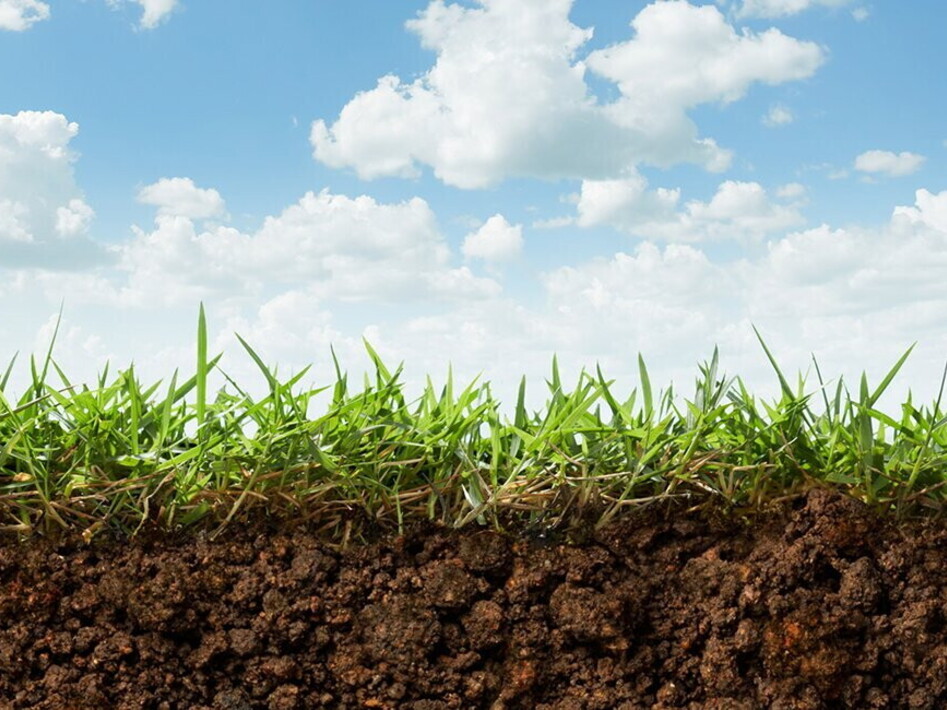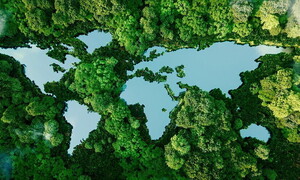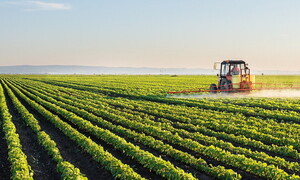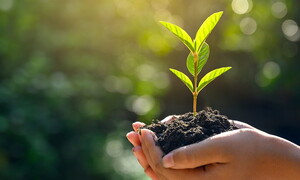FAO report on the state of soils published
02 July 2021

Soils play a vital role in maintaining the ecological balance of ecosystems and are a resource without which we humans could not live. First of all, they ensure the production of 95% of the food that mankind feeds on. Secondly, they represent the largest active carbon store after the oceans, thus playing an important role in the field of climate change. However, the world’s soils are at risk from a variety of human activities, according to the “Global assessment of soil pollution” report which FAO and UNEP presented in June. The activities that most pollute and deplete soils are unsustainable farming practices, industrial and mining activities, and poor waste management, which cause the spread of contaminants such as heavy metals and pesticides.
As the report’s presentation states, “soil pollution may be invisible to human eyes, but it compromises soil health, the food we eat, the water we drink and the air we breathe, and puts human and environmental health at risk.” The current state of soil health threatens achievement of the sustainable development goals such as zero hunger, universal access to drinking water and protection of biodiversity. If we look at the agricultural sector, for example, we find that soil pollution results in a reduction of between 15 and 25 % in agricultural productivity, as it threatens the survival of pollinators and insects necessary for plant reproduction. The loss of biodiversity in turn leads to an increase in the number of pests and diseases attacking plants and thus to a decrease in yields, which makes farmers increasingly dependent on pesticides. This vicious circle continues to fuel itself resulting in major repercussions on health and the economy.
The FAO report, in addition to examining the causes of pollution and the state of soils in detail in different areas of the world, concludes with a chapter devoted to action to be taken to prevent this process of degradation from becoming irreversible.
Find more details from eniscuola:


